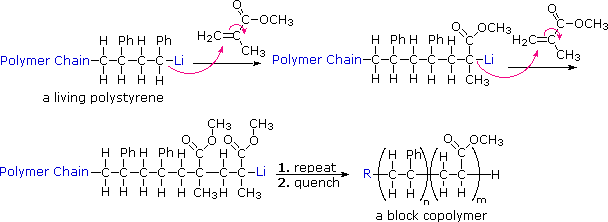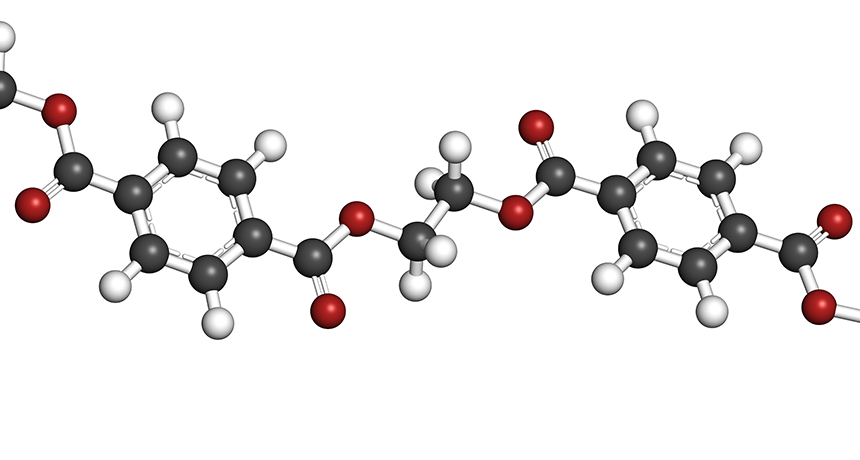Exploring the Varied Applications and Benefits of Polymers in Different Industries
Polymers, with their varied variety of homes and capabilities, have actually come to be crucial in different industries, each enjoying distinct advantages from their application. Polymers. From boosting safety and security and performance in the auto industry to transforming medical devices in the medical care sector, polymers play a crucial duty. Their eco-friendly nature is modifying the landscape of sustainability methods. As we explore the depths of polymers in electronic devices, we reveal sophisticated innovations, while their structural integrity changes the world of building and infrastructure. The prevalent influence of polymers across sectors is a testament to their flexibility and versatility, forming the future of numerous industries.
Automotive Industry Applications
Polymers play a pivotal role in enhancing the efficiency and sturdiness of various components within the automotive industry. These versatile products are thoroughly made use of in the production of different components, varying from indoor components to under-the-hood applications. One noticeable use of polymers in the automotive industry remains in the manufacturing of lightweight elements. By replacing conventional metal parts with polymer-based choices, lorries can achieve enhanced fuel effectiveness without compromising on strength or safety and security.

Health Care Sector Benefits
In various health care applications, the benefits of making use of polymers are commonly acknowledged for their diverse series of beneficial buildings. Polymers play a crucial function in the medical care industry because of their adaptability, biocompatibility, and cost-effectiveness. Among the key advantages of polymers in health care is their capacity to be customized to details requirements, such as versatility, sturdiness, and biodegradability, making them optimal for a vast array of medical applications.
Polymer-based products are thoroughly utilized in medical gadgets, such as catheters, implants, prosthetics, and drug shipment systems, due to their biocompatibility and capability to simulate all-natural cells. These products can reduce the risk of allergies or rejections, enhancing person safety and security and results. Additionally, polymers are light-weight, making them suitable for wearable clinical devices and making certain client convenience.
Moreover, polymers allow the growth of cutting-edge therapy methods, such as hydrogels for cells design and nanocomposites for targeted medicine shipment. Their simplicity of handling and sterilization makes them important for keeping high requirements of health in medical care setups. Generally, the diverse benefits of polymers add considerably to advancements in clinical innovation and client treatment.
Ecological Benefits of Polymers

Moreover, polymers can add to energy cost savings due to their lightweight nature. In sectors such as transport, light-weight polymer products can aid lower gas usage and greenhouse gas emissions. Furthermore, polymers can allow the growth of energy-efficient products such as insulation products that boost power preservation in buildings.
Moreover, polymers play an essential role in reducing article source water air pollution. As an example, using polymer-based filtration systems can successfully get rid of pollutants and impurities from wastewater, safeguarding water sources and environments. In general, the ecological advantages of polymers make them useful possessions in promoting sustainability and eco-friendly techniques across different markets.
Polymers in Electronic Devices and Innovation
Taking into consideration the increasing need for cutting-edge and lasting options in contemporary industries, the assimilation of sophisticated polymer technologies in the world of electronics and additional hints modern technology has actually become a pivotal approach for driving performance and efficiency. Polymers have transformed the electronics sector by making it possible for the manufacturing of lighter, a lot more adaptable, and sturdy digital devices. From mobile phones to clinical devices, polymers play a critical role in improving product layout and performance.
One significant advantage of polymers in electronic devices is their shielding residential or commercial properties, which help safeguard delicate digital parts from ecological factors and electric interference. Additionally, polymers are vital in the growth of versatile screens, wearable modern technology, and published electronics, offering unlimited opportunities for developing wise and interconnected tools.
In addition, the usage of polymers in electronic packaging has caused advancements in miniaturization and thermal management, improving the general performance and dependability of digital systems. As technology remains to develop, the flexibility and flexibility of polymers will certainly drive further technology in the electronic devices market, forming the future of innovation.
Duty of Polymers in Building And Construction and Framework
The assimilation of innovative polymer materials in construction and infrastructure tasks has actually revolutionized the method structures are designed and constructed in contemporary times. Polymers offer countless advantages in the construction sector because of their adaptability, durability, and cost-effectiveness. One vital duty of polymers in building is their usage in finishes and sealers, providing protection against environmental aspects such as wetness, UV radiation, and rust. Furthermore, polymers are made use of in the production of lightweight and high-strength composite materials, improving the structural integrity of buildings while decreasing overall weight.
Furthermore, polymers play an essential function in sustainable building and construction methods by enabling the growth of energy-efficient structures. Shielding materials made from polymers aid control interior temperatures, reducing the requirement for home heating and cooling systems and eventually reducing power intake - Polymers.
Verdict
In conclusion, polymers play an important role in various sectors such as vehicle, health care, ecological, electronics, and construction. Their visit homepage versatile residential or commercial properties make them valuable in developing cutting-edge remedies and products. From boosting fuel performance in automobiles to enhancing clinical tools, polymers provide various benefits. In addition, their effect on decreasing waste and promoting sustainability highlights their relevance in modern-day applications. The widespread use of polymers demonstrates their significant contribution to advancing innovation and boosting quality of life.